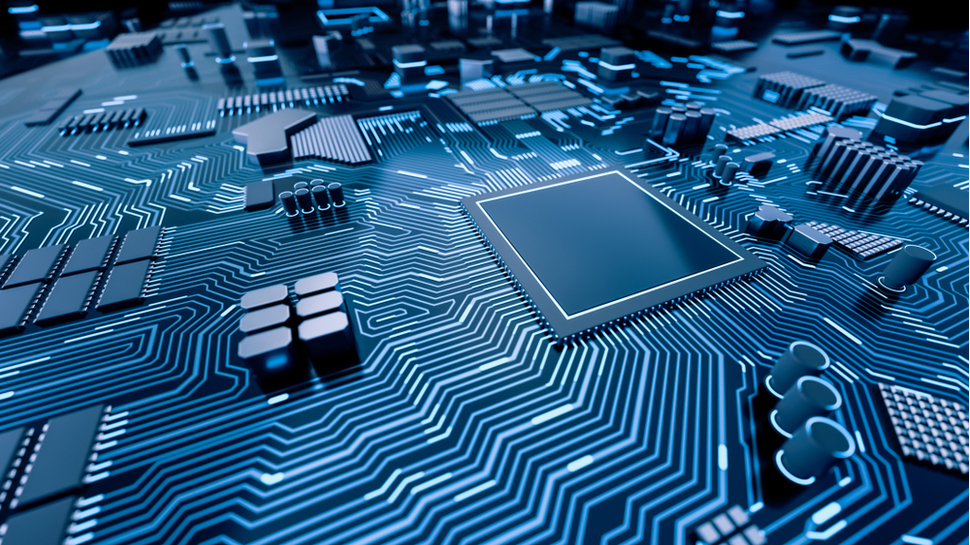Taiwan chip companies can turn off manufacturing if Chinese troops show up
Taiwan can turn off the chip tap if needs be

Considering Taiwan accounts for 68% of the semiconductor market, it's no wonder that the US wants to bring manufacturing closer to home and out of the prying eyes of China.
So while the CHIPS act provides funding and investment to construct semiconductor manufacturing plants on US soil, it is probably a good idea to have a backup solution to prevent China from hijacking the production lines should they decide to invade Taiwan.
To mitigate this, both Dutch company ASML and the Taiwan Semiconductor Manufacturing Company (TSMC) have reportedly installed fail safes that can be activated remotely to cease chip production, a new Bloomberg report has claimed.
Turning off the chip machine
Following the election of pro-independence President Lai Ching-te, China stepped up its threats against the island nation which China considers part of its territory. The increase in hostile rhetoric prompted US officials to voice their concerns over the safety of semiconductor manufacturing on the island nation, with both ASML and TSMC stating that they have the ability to remotely turn off the machines in the event of an invasion.
Semiconductors are used in a wide range of products, such as GPUs used for AI training, and high tech military hardware. The US recently issued an embargo on China to stop exports of the most high tech chips from reaching the country, which could be used for military hardware, however it was recently found that some companies were skirting the ban.
The US has invested heavily both in chip manufacturing and defense for Taiwan in efforts to deter China from launching any form of military intervention. The ultimate goal, however, is to secure chip manufacturing on US soil to prevent Chinese espionage and sabotage. In an effort to dissuade China’s efforts, Taiwan President Lai Ching-te announced that he wished to transition the island away from chip manufacturing and focus on AI.
“We must adapt AI for industry and step up the pace of AI innovation and applications. We must also adapt industry for AI and use AI's computational power to make our nation, our military, our workforce, and our economy stronger,” the president stated (via The Register).
Are you a pro? Subscribe to our newsletter
Sign up to the TechRadar Pro newsletter to get all the top news, opinion, features and guidance your business needs to succeed!
More from TechRadar Pro
- Take a look at some of the best firewalls available today
- Dell Technologies World 2024 day one — all the news and updates live
- This is a guide to the best data recovery software

Benedict has been writing about security issues for over 7 years, first focusing on geopolitics and international relations while at the University of Buckingham. During this time he studied BA Politics with Journalism, for which he received a second-class honours (upper division), then continuing his studies at a postgraduate level, achieving a distinction in MA Security, Intelligence and Diplomacy. Upon joining TechRadar Pro as a Staff Writer, Benedict transitioned his focus towards cybersecurity, exploring state-sponsored threat actors, malware, social engineering, and national security. Benedict is also an expert on B2B security products, including firewalls, antivirus, endpoint security, and password management.